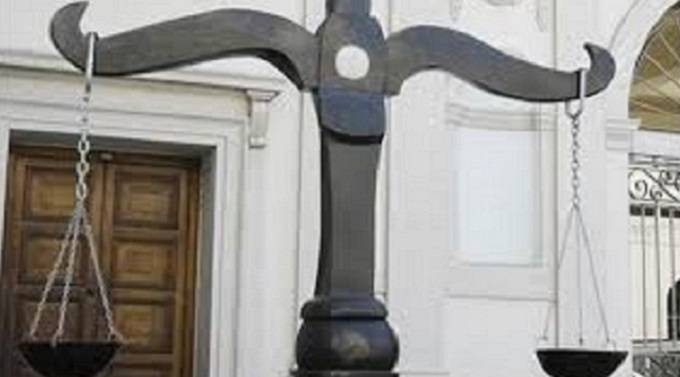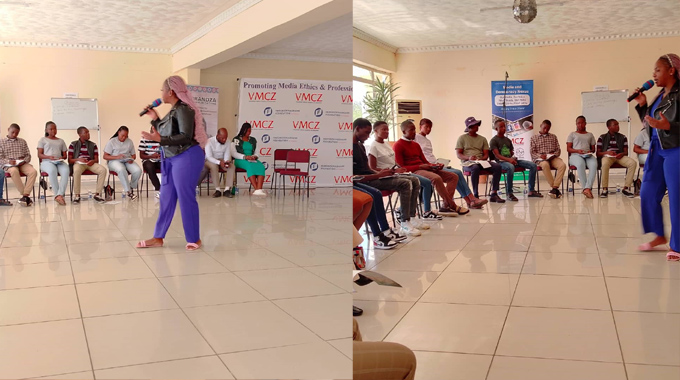Judge calls for revamping of judicial system

Patrick Chitumba, Midlands Bureau Chief
HIGH Court Judge, Justice Thompson Mabhikwa has called for the revamping and capacitation of the institutions in the justice delivery system to enable them to adequately fight crime.
Officially opening the 2019 legal year for the High Court Circuit here yesterday, Justice Mabhikwa said gone were the days when a suspect would be taken to court on the basis of admitting charges and in the hope that he would still plead guilty in court.
He said the joint efforts of the Government and the Judicial Service Commission in putting up the specialised anti-corruption courts to deal with corruption-related cases cannot go to waste.
“It is my very fervent wish that all those institutions in the justice delivery system be revisited, be capacitated and where necessary be revamped completely to equip them adequately for the fight against corruption,” he said.
“I am of the view therefore that our primary institutions in the system, the police investigators and the prosecution, whilst doing their best, perhaps need a good revamp and recapacitation as criminals in this area of the law seem to have outpaced them threefold,” he said.
“Gone should be the days when a suspect would be taken to court on the basis that he is admitting the charges and in the hope that he would still plead guilty in court.”
Justice Mabhikwa said with the advancement in technology, recording of a suspect’s admission or confession should now be done without coercing them but in a manner that they cannot recant later.
No case, the judge said, should ever be taken to court half-baked in the wrongly held belief that the magistrate or judge will, “finish the cooking” before delivering judgment.
He said a judge or magistrate must all times remain impartial, lest they be asked to recuse themselves.
“Perhaps like in other jurisdictions, it is time our police investigators and prosecutors worked closely together right from the investigation stage. They should gather the evidence diligently, prefer the correct charge and then select their witnesses properly before taking the matter for trial.
“I agree with the sentiments of a senior lawyer a few weeks ago who commented that prosecution should go far and beyond merely arresting a suspect and taking him to court for remand appearances. He lamented that of late, suspects were being arrested and taken to court, only to achieve nothing more than raising false hopes for the nation and embarrassing the suspects,” said Justice Mabhikwa.
For this term, Justice Mabhikwa said the Gweru High Court has 17 cases set down for trial in the next two weeks.
“All the 17 cases involve the violent murder of a human being. Most involve either violent blows directed to the head or stabbing of the neck or chest. A stab in the neck for example will almost invariably pierce a vital blood carrying vessel leading to fatal bleeding.
“The head, neck and chest are vital parts of the human body. In fact violent death at the hands of another human being is a challenge that seems to persist. The now too common machetes in the amakorokoza communities are a cause for concern,” he said.
Justice Mabhikwa said a total of seven women were killed and three were themselves the killers.
“Needless to say, quite a number of the 17 murders can be classified as crimes of passion, some in senseless fits of jealousy rage. On the whole however, the murders arise from very petty disagreements and our courts have always lamented the loss of life arising from such petty issues like cigarette, small debt, fighting over a woman, mistakenly spilt beer and at times with completely no reason other than one’s macho ego,” he said.
Justice Mabhikwa said the Bulawayo High Court last year received a total of 4 785 cases and completed a total of 4 971 thereby eating into the backlog carried forward from 2017 despite the fact that the bench had dwindled from six to four judges only.












Comments